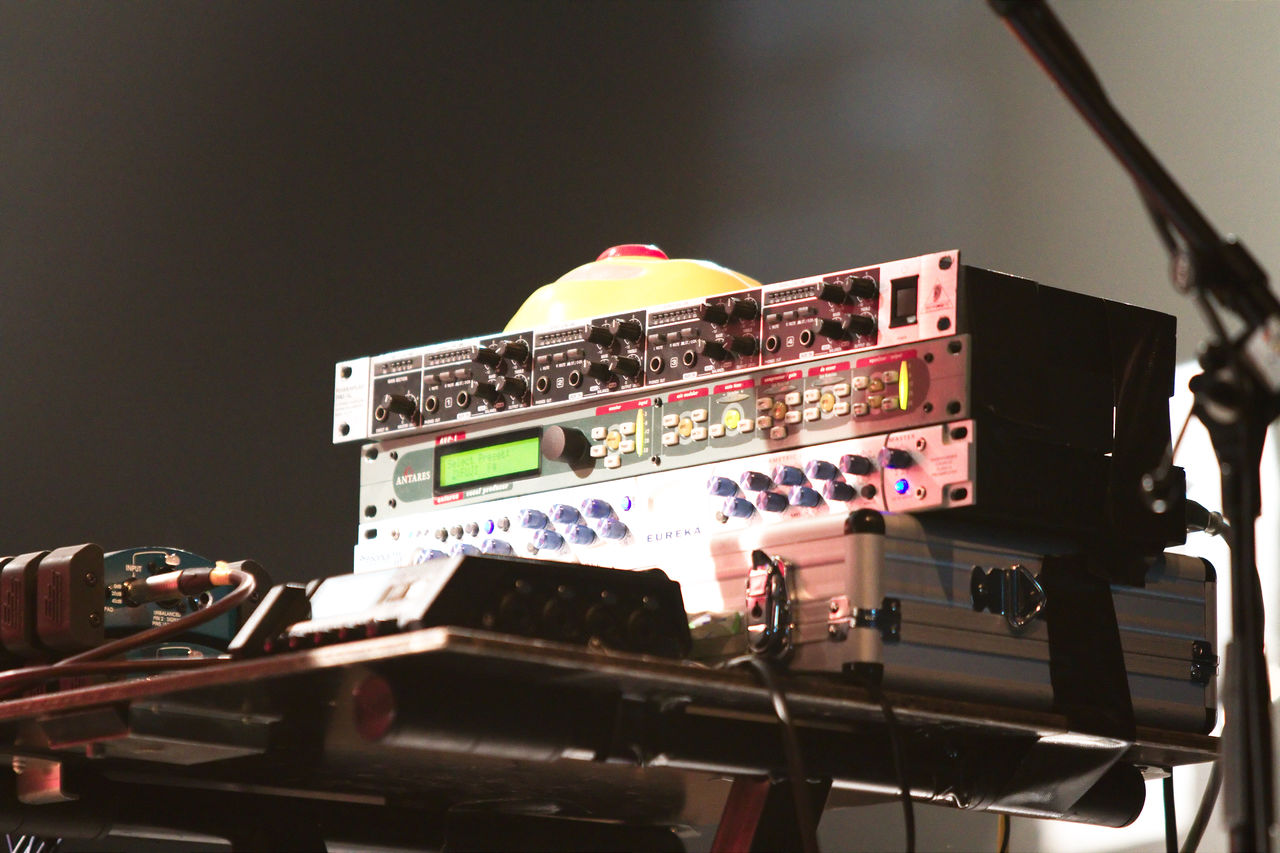Jay Z probably feels pretty stupid — not just because he listened to Lemonade, but because every time he signs into his personal Tidal account and looks at the year’s most popular songs, he must be reminded of the fun little trend-bashing anthem he released in 2009: “D.O.A. (Death of Auto-Tune).”
See, here’s the thing about Auto-Tune: It didn’t die. In fact, Jay Z’s eulogy to the vocal-correction software now reads as some sort of alternate-reality fan fiction or a “real rap” wish list from a rapper who hasn’t released a good album since his collaboration with notorious Auto-Tune overuser Kanye West.
And in 2016, while Hov watches his Tidal throne and reaps the monetary rewards of being berated on record by his wife, a new class of rappers is making it clear that Auto-Tune is back and better than ever.
So why has the sound returned, after being declared dead and facing backlash more than half a decade earlier?
It’s largely because of the ever-increasing popularity of musicality and melody in rap music. Gone are the days of rappity-rap lyricism, the “rags to riches” stories over clattering drum breaks that the genre was raised on. Popular hip-hop today is less straightforward and certainly less reliant on writing — how else could Young Thug get away with his signature unintelligible screeches? Taking its place is musicality and the inclusion of melody in rap, the very thing Jay Z swore off in “D.O.A.”
“My raps don’t have melodies/ This should make n—– wan’ go and commit felonies,” he rapped.
But in 2016, the easiest felony to commit is writing off Auto-Tune as the same gimmicky effect that Jay Z and countless others considered it to be in the late 2000s. Today, the most effective users of the software are those who employ it to accentuate their already wildly creative vocal performances. Debauched “New Atlanta” pioneer Future relies on Auto-Tune to bring out the warbly, unsettled sense of paranoia already present in his gruff crooning. Young Thug, easily the weirdest rapper on the radio, uses the effect to push his wonderful roller coaster of a voice to almost frightening stratospheric heights.
These artists and countless others, both in Atlanta and other cities influenced by it, aren’t implementing Auto-Tune in the same way they were in 2009. Admittedly, the “T-Pain effect” got a bit stale when used by people who weren’t T-Pain, but the resurgence of vocal modulation in trap music has yet to hit that point of oversaturation — and it may not this time around. Artists who use it aren’t all doing so in the same way as, for example, Migos’ dab-enthusiast Quavo. While Auto-Tune usually coats his machine-gun triplet flow, his performance on Donnie Trumpet & The Social Experiment’s “Familiar” has the rapper crooning through an Auto-Tune kaleidoscope over full-band funk.
What Jay Z should have been criticizing in 2009 — instead of Auto-Tune — was a lack of creativity when using it. Today, when you listen to Jay Z angrily storm through lines like “You niggas singing too much/ Get back to rap, you T-Paining too much,” the only thing that comes to mind is how wrong he was.



